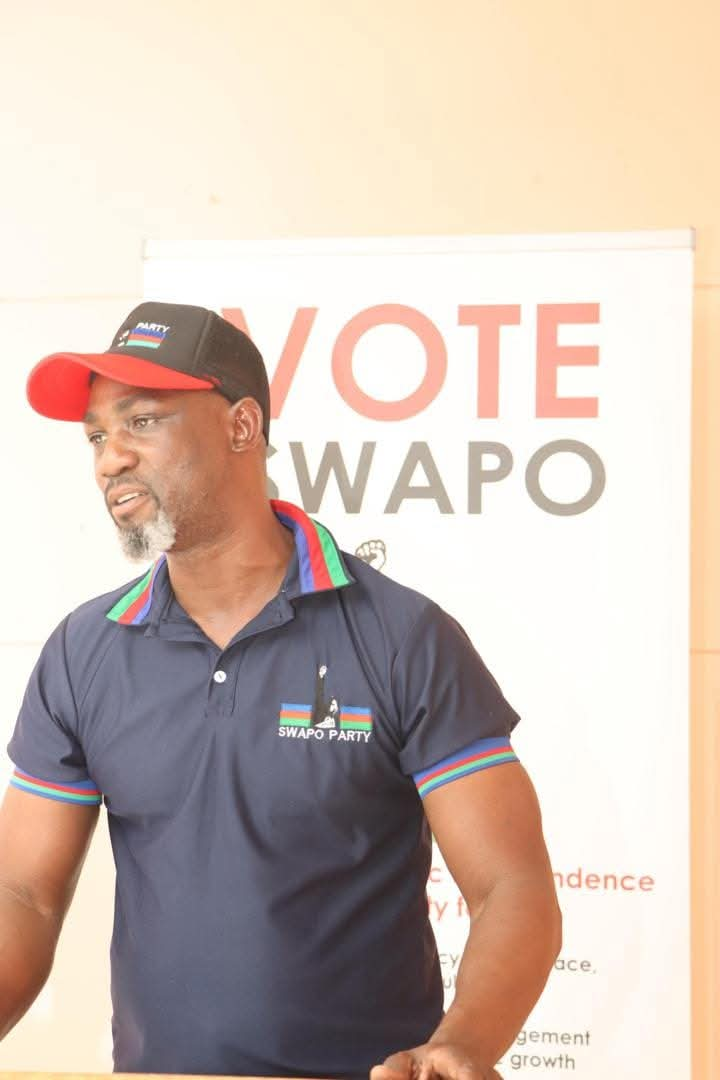Of A Post-Tribal Vision Of Politics Provides An Opportunity For Our Democracy
POLITICS in Namibia, just like in many parts of Africa, has been framed in terms of tribal constituencies. Alas, framing politics in terms of how tribes and ethnic groups can gain access to power and state resources has been the cactus that has undermined social stability in post-colonial Africa.
Namibia, though stable, is no exception, with recurring discussions around tribalism and the continued existence of political parties whose constituencies are nothing other than mere extensions of tribes and kinship. It should be noted that when tribalism is entrenched and institutionalised in how power is distributed and resources are allocated in a state, it becomes no different from the manner in which hereditary systems under kings and chiefs are organised. If one became a chief or a king because of lineage, tribalism perpetuates the same logic, albeit under the guise of a republic. However, ethnic-based politics by their very nature are contrary to the raison d’être of a modern Republic. It is why the American and French revolutions marked a very important transformation in world history in the sense that they provided a shift from hereditary and entitlement systems to political life structured through elections and accountability to citizens. In our case, the Constitution provides sound legal and, importantly, philosophical grounding to look at the republican space as belonging to all Namibians and to see tribalism as anathema to republican values. Therefore, the ruling party Swapo, in particular, ought to defend the republic as an equal space, given its own history of resistance against exclusion. It must guarantee the equality of opportunity. Unfortunately, we have not been consistent both in words and acts with regard to a post-tribal future. Tribalism is constructed as an issue when we deal with ‘political enemies’ in the process of vilification or when segments of the population rise against exclusion. As a case in point – the ruling party has been timid about crafting the space that would allow individuals from regions other than the North to rise to the presidency of the party. I have heard on occasion passionate arguments about how a minority President would affect Swapo’s electoral appeal in the North etc. The rise of the RDP has strengthened this insular view. Such impulsive rants and unreflective approaches rob the nation of a sound basis with which to discuss and frame a post-tribal future. This defensive and offensive approach is not helpful at all. Personalities can be important agents of change and opportunity with regard to framing and dealing with this issue differently. It is for this reason why I am encouraged by the position and acts of the Secretary of Swapo Party Youth League, Elijah Ngurare, with regard to tribalism. His acts on this issue are principled and so is his explanation for those very actions. The inclusion of Namas, Hereros and Caprivians in the National Executive Committee does speak of an inclusive vision of politics. Ordinarily, it is an ethical position that does not need an explanation. It should be what management students would call ‘standard operating procedure’. So, what is odd and exceedingly hypocritical is how we get shocked when Oshiwambo speaking Namibians are less represented or less prominent in structures yet find it business as usual when minorities are not represented. A culture in which certain tribes feel a sense of entitlement to leadership and access to resources is fertile ground for state failure and eventual collapse.In light of this, Ngurare’s view that a structure he commands reflects the diversity of this country is extremely laudable. It is this kind of normality and acceptance of diversity that should become the norm, rather than the exception. Certainly such a principled position may not earn him friends and fans within the party. But what should drive a principled politician is the view that the worst sort of democracy or politics is one that is hijacked by populists. At some point, leaders must make the transition to ethical discussions and positions about burning issues such as tribalism. After all, they speak not only about the quality of leaders that should emerge, but importantly the kind of society that we seek to construct. So, being a youth leader, Ngurare’s articulation of a post-tribal Youth League is not only exemplary for how many of us should think and act, but presents an opportunity for the future of our democracy, and importantly the post-tribal society some of us desire.* Alfredo Tjiurimo Hengari is a PhD fellow in political science at the University of Paris- Panthéon Sorbonne, France.
Stay informed with The Namibian – your source for credible journalism. Get in-depth reporting and opinions for
only N$85 a month. Invest in journalism, invest in democracy –
Subscribe Now!










